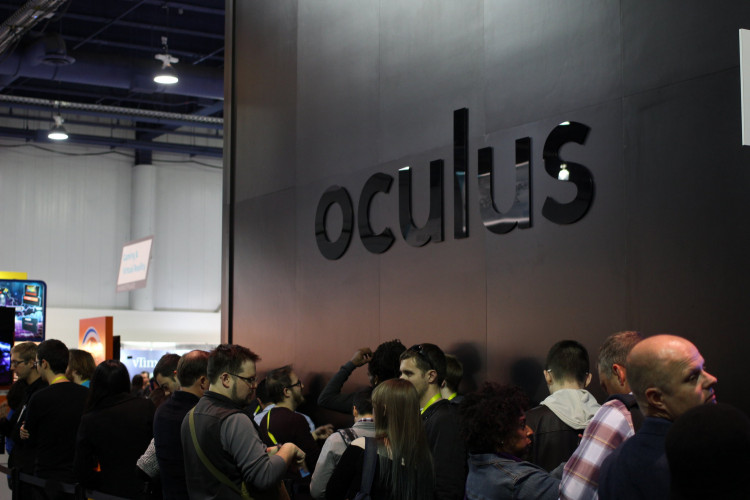As the key executives from the mobile VR team, Nate Mitchell and Max Cohen decided to leave, Facebook's Oculus has experienced tremendous changes lately. Still, despite these changes, Facebook's standalone VR headset, the Oculus Quest, which was released just this spring, remains promising.
At the present, Ocular Quest remains Facebook's greatest VR hardware achievement so far and may indicate the direction of the company concerning augmented reality. The company is also not shying away from talking openly about how Oculus Insight can become a market leader. Ocular Insight certainly has a lot of great features, since it is the computer vision and AI-based tracking system located in the Rift S as well as Quest headsets. Insight utilizes in-headset cameras, motion sensors, as well as infrared LEDs in the controllers to map out the real spaces into VR. This makes sure that users will have a smooth experience.
Although Facebook is hardly the only company that uses this type of tracking in VR, it is apparent that the company can be on top of the market and use this tech as a stepping stone towards conquering augmented reality as well. This will also form part of Facebook's highly anticipated AR glasses. The company has long been promising these glasses, but they are yet to be produced.
In an interview with CNET, Joel Hesch, the development leader of Oculus Insight shared where the tracking tech is going and where it will end up most possibly. According to him, it is possible that the camera-based tracking feature of Oculus Insight can achieve so much more. Evidence can be found in the previous year's Oculus Connect 5 conference. The Arena Scale Tracking demo that year was quite impressive. "We had real-world objects, these boxes you could hide behind, aligned with virtual world objects. That type of experience gives a flavor of some of the things we're considering, how do we think about mixing real-world and virtual world content, and how do we think about multi-user experiences, with more than one person in the space," he said.
There is a possibility that Facebook can make Oculus Quest more customizable in the future so that companies designing location-based experiences can use this too. It might also be useful for theme park-like VR attractions such as the Void. According to Hesch, while there is a possibility, this is not the main priority right now. Currently, the company is also more focused on making improvements, which can take a long time.






